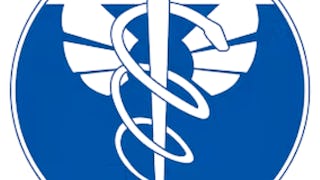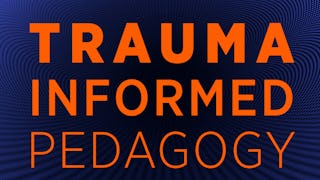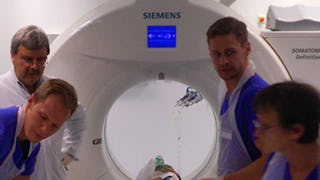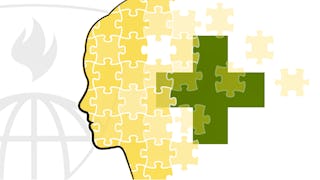Trauma is a near-universal human experience that affects 90% of people at some point in their lives. This course offers a powerful research-based foundation in the psychology of trauma, designed for anyone looking to deepen their understanding of the topic, whether for professional growth or personal insight.



Disorders Related To Trauma
This course is part of multiple programs.

Instructor: Kyle Smith
Access provided by Interbank
Recommended experience
What you'll learn
Different types of trauma, their definitions, and the range of potential outcomes—both negative and positive—that can follow traumatic experiences
How PTSD, acute stress disorder, and dissociative disorders are understood, diagnosed and treated by clinicians
Skills you'll gain
Details to know

Add to your LinkedIn profile
14 assignments
October 2025
See how employees at top companies are mastering in-demand skills

Build your subject-matter expertise
- Learn new concepts from industry experts
- Gain a foundational understanding of a subject or tool
- Develop job-relevant skills with hands-on projects
- Earn a shareable career certificate

There are 8 modules in this course
This module introduces you to your PsycLearn Essentials course. Find out what’s included in this course and how to navigate the modules and lessons. You’ll also learn valuable study tips for successful learning.
What's included
7 readings
This module provides an introduction to psychological disorders. Key terms, such as psychopathology and psychological disorder, are defined. The process of diagnosis is discussed and the two dominant diagnostic schemes in mental health are explained. Finally, cultural issues in diagnosis are identified.
What's included
3 videos6 readings2 assignments
This module will introduce you to the nature of trauma, explain what differentiates trauma from stress, and talk about the three different types of trauma.
What's included
2 videos11 readings3 assignments
This module will provide information about two of the stress disorders: acute stress disorder and posttraumatic stress disorder. In it, you will learn about what these disorders are, how they are diagnosed, the rates at which different groups are diagnosed with the disorders, the factors that make the disorders more or less severe, and how the disorders are best treated.
What's included
2 videos9 readings4 assignments
In addition to acute stress disorder and posttraumatic stress disorder, trauma can lead to a variety of dissociative disorders. This module explains the nature of these disorders, how they are diagnosed, and how they may arise from traumatic experiences.
What's included
2 videos10 readings4 assignments
This module will help you review the important concepts of the course and prepare you for the cumulative quiz. The module is broken down by learning objective, with each lesson containing key takeaways and key terms relevant to that learning objective.
What's included
1 video15 readings
This module contains a quiz covering all of the material in this course. It will count for 30% of your total course grade, so make sure you’ve reviewed the material well. Good luck!
What's included
1 reading1 assignment
This module contains a glossary, course references, and a list of contributors to the course.
What's included
3 readings
Earn a career certificate
Add this credential to your LinkedIn profile, resume, or CV. Share it on social media and in your performance review.
Instructor

Offered by
Why people choose Coursera for their career




Explore more from Health

University of Colorado System

University of Illinois Urbana-Champaign

Technical University of Munich (TUM)

Johns Hopkins University

